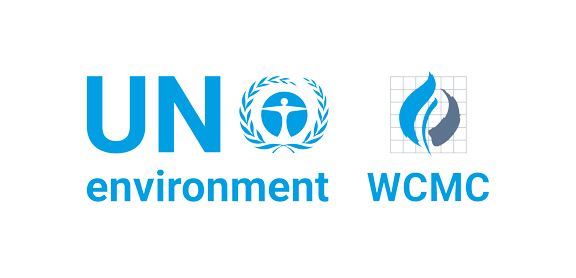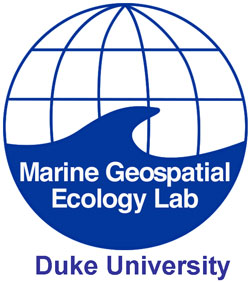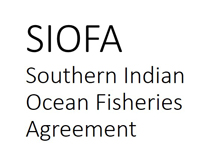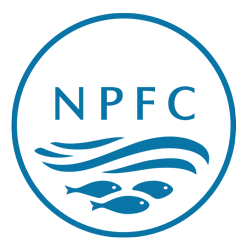Sustainable fisheries management and biodiversity conservation of deep-sea living marine resources and ecosystems in the ABNJ
Objective
Enhance sustainability in the use of deep-sea living resources and biodiversity conservation in the ABNJ through the systematic application of an ecosystem approach.
This project focuses on four areas:
- Improving implementation of policy and legal frameworks for sustainable fisheries and biodiversity conservation of deep seas in the ABNJ
- Reducing adverse impacts on VMEs and enhanced conservation and management components of EBSAs
- Improving planning and adaptive management for deep sea fisheries in ABNJ
- Developing and testing of a methodology for area-based planning
About
Deep-sea fisheries in the high seas occur in waters beyond national jurisdiction on continental slopes or isolated oceanic topographic structures such as seamounts, ridge systems and banks.
These deep-sea fisheries comprise a small yet valuable part of ABNJ activities. FAO estimates the global catch of deep-sea fisheries in 2014 to be around 150 000 tonnes (excluding the Mediterranean Sea), comprised of around 50 species, and involving less than 11 Flag States. From a biodiversity viewpoint, the ecosystems in which these fisheries take place are unique – the seamounts and the water column above them serve as habitats for many benthic organisms and marine mammals. The potential negative impact of fishing on these critical habitats that support globally significant biodiversity has become an issue of international concern. In response to this concern, concerted efforts by many organizations, such as the regional fisheries management organizations (RFMO/As) responsible for the management of fish stocks in ABNJ, have been undertaken. This project builds on such efforts, and make use of best practices and address other key issues necessary for the global sustainable use and conservation of these marine resources.
The Project contributes to improving deep-sea fisheries management and biodiversity conservation through the harmonization of conservation and sustainable use following the principles of the ecosystem approach, while testing innovative and appropriate management tools. The successful implementation of this project represents a significant step towards the sustainable use of deep-sea fish stocks as well as protection of associated bycatch species, ecosystems, habitats and biodiversity in ABNJ.





















